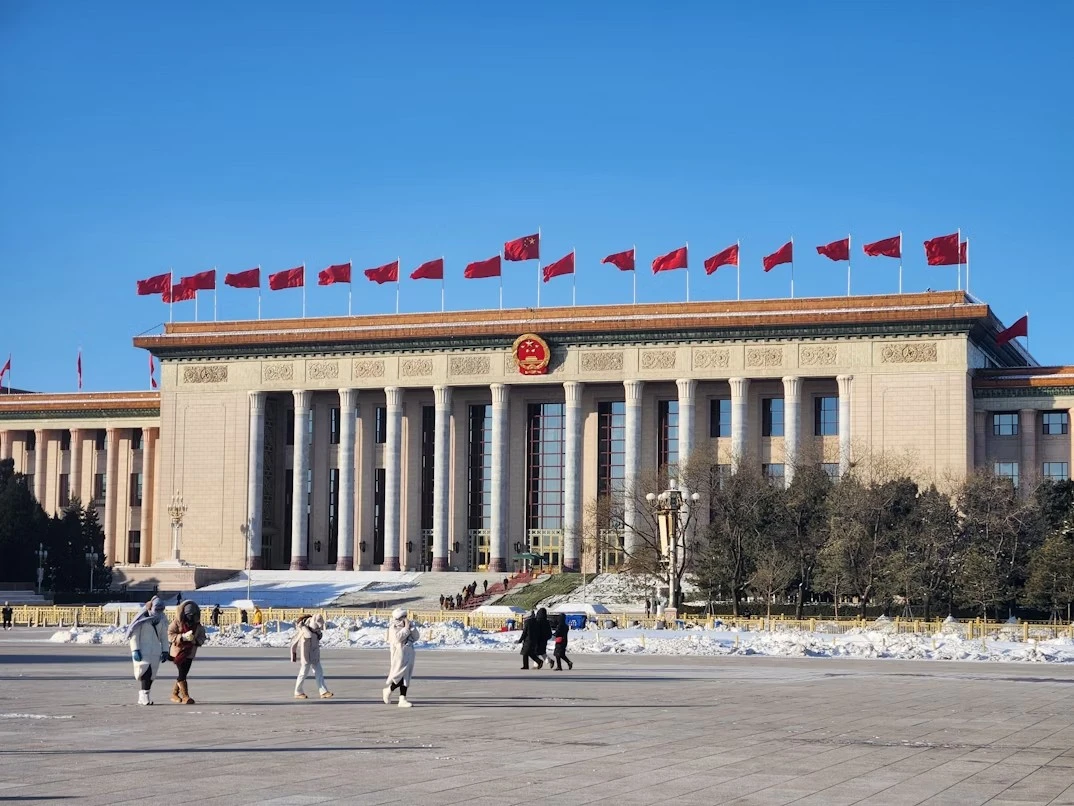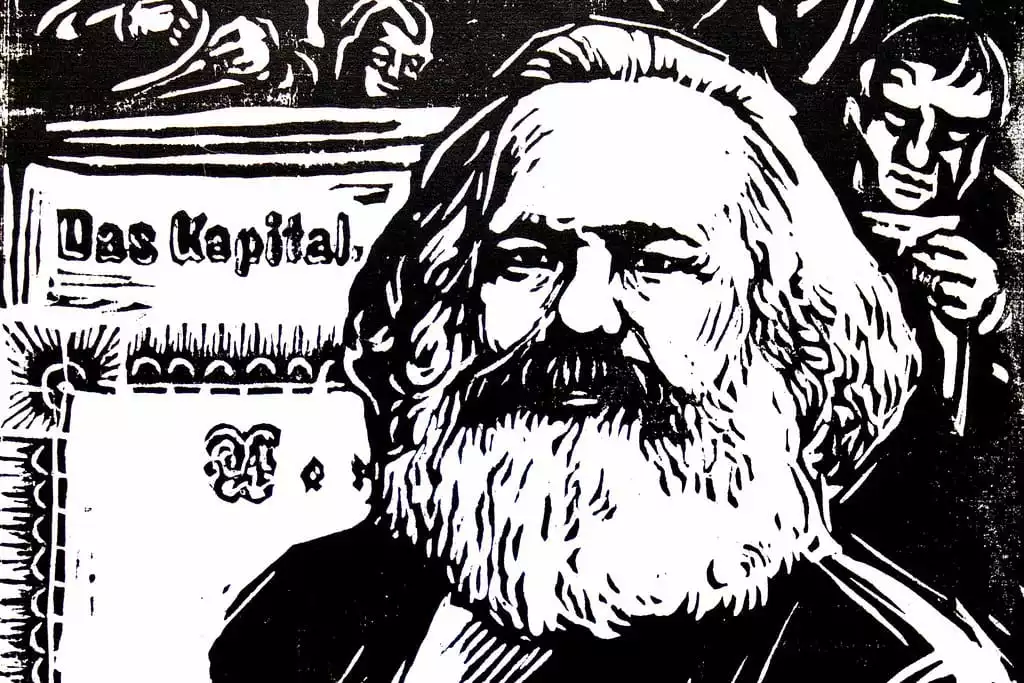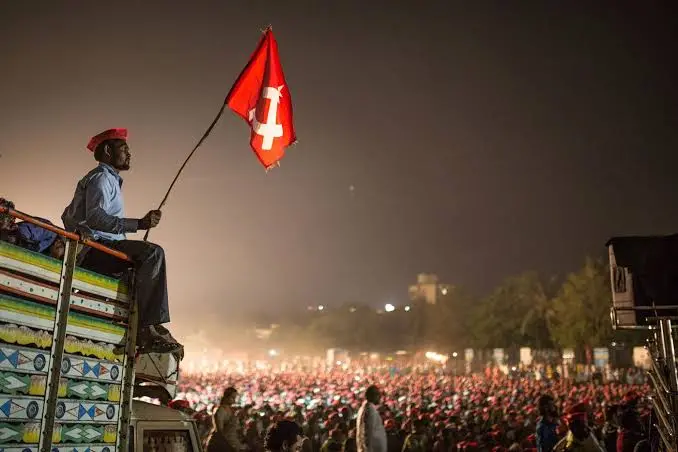Chapter V PART II: My Caput Galeatum, and the Divine Québec Scenery
Journal Entry: Sept. 13, 2020, Anse au Foulon
This afternoon, it being Sunday, I took a walk on the Plains of Abraham, as I usually do every day, if I am not running in the park. The air, the trees and the grass on the battlefield were sublime with the strong hints of autumn, of oranges, reds and golden-browns everywhere the eye could see. Over the years, coming to Quebec City for various reasons, I always avoided going along the path the British soldiers and their officers scaled on the early morning of September 13, when one of the most defining battles in world history would commence on what is now known as the Plains of Abraham. For personal reasons, and if I admit it forthrightly and with candor, I was resentful in the way the British were able to come up the high cliff so easily, even though a patrol had been posted there by Major General Montcalm in case the British should have the audacity to come up to take Quebec City from the southwest side of the Citadelle.
Not knowing what to expect on my little adventure down Chemin du Foulon to the cove near where modern cargo ships glide now effortlessly along the St. Lawrence River, I was in for a surprise. It should be noted that the etymology of Anse au Foulon derives from a fulling mill (French: foulon) that the Séminaire de Québec built in 1710 by the cove at the base of the cliff. It was here that mill workers took a path that became known as Chemin du Foulon by the local residents and those who tilled the land around the French colonial city. It would be this very path that I would walk down on this autumn day to where it meets the highway leading into Quebec City.
I was genuinely surprised to find that from the battleground, the long winding path leading down the cliff was laid out as if it were a garden walk in Paris. The path was smooth black asphalt, with the sides of the path neatly pruned with level grass. There were classical street-lamps, and even plaques with historical commentary on the various stages of the ascent where the British met with some resistance from the French forces above the cliff. During my walk I encountered students on bikes with the latest modern biking outfits as if they were preparing for the Tour de France. There were also runners, mostly women, wearing elegant running gear with a certain arrogance. I looked at them with irony, as I remembered my fierce competitive running days as a distance and marathon runner. Yet what was most ironic was to see middle-aged and older couples, who’s clothing obviously mirrored the attire of the mother country, France, that brought a smile to me face. These couples all stood before the history signs that alluded to the various stages of the upward ascent by the British troops and their officers over the rough boulders, harsh slate slabs and underbrush that had to be surmounted physically to attain the battlefield. There was a numb and curious expression on their faces which made me understand that few ever learn from history and that few really care to learn, other than as a defensive reaction to the political and cultural truth before them.

In my walk down and walk back up from Anse au Foulon, I learned much about my own personal and historical view of polar opposites regarding how I viewed the Battle of Québec in 1759, but more than what I learned today was that my bitterness towards military history can be turned into another perspective of cool objectivity, and that the dialectical forces of history, even regarding a battle, are always resolved in such a way that makes living bearable. It was ironic that I would only discover this on this particular day, after coming for so many years to the Plains of Abraham. To be even more clear, in terms of coincidence, when I returned to my studio room, I saw on Facebook a reminder that General Vo Nguyen Giap had died on this day in 2013, and that Napoleon took his last horseback ride on this day in 1820, leaving in the direction of Sandy Bay. How historical events coincide to various degrees is both a mystery and the dialectical experience of nature itself.

Journal Entry: The German Christmas Market in Quebec City, December 2020
There were hundreds of people, none of them social distancing nor wearing masks. I did see three young working-class women wearing masks on the lovely side streets here... reminiscent of the ancient streets in Paris. It was a bizarre sight, seeing the brilliant Christmas decorations displayed on the streets of Quebec City, only a block from my small studio apartment… for there was the horror of death beneath the celebration with the people here… in denial of death in their lives, as they walked in the night celebrating Christmas and mocking death.






